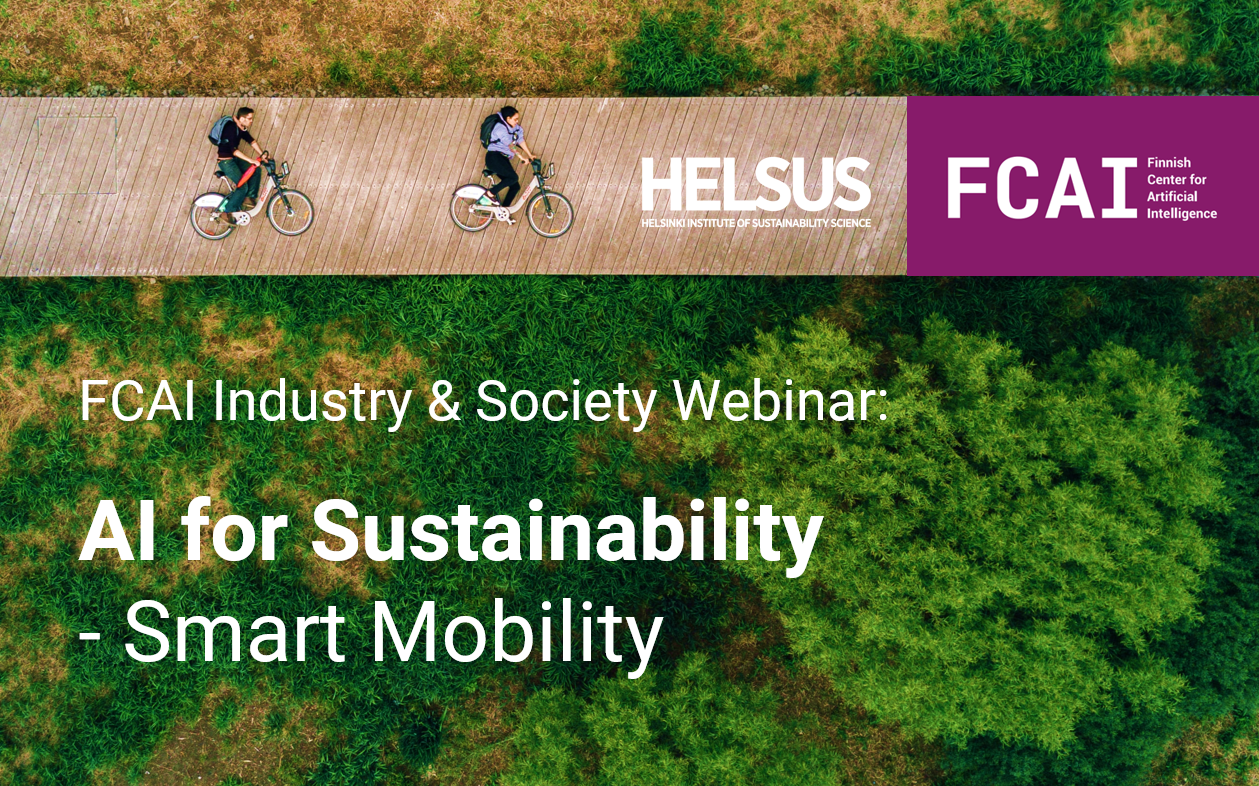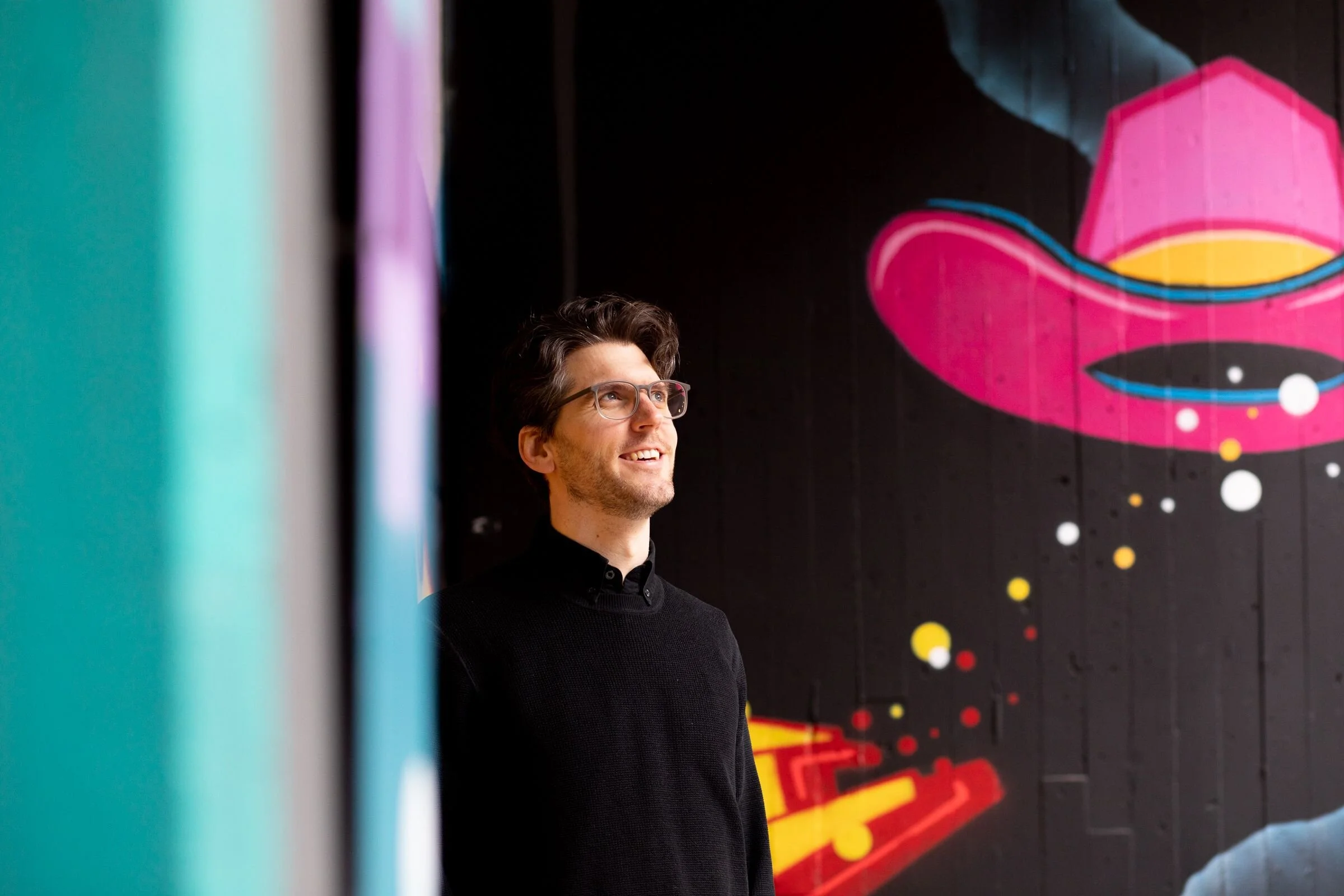The list, which will from now on be continuously updated, aims to bring top research results to broad use. Researchers and industry are the main target audience.
Read MoreKaski was awarded the Turing AI World-Leading Researcher Fellowship to establish a new center of excellence. The funding relates to Kaski’s work at the University of Manchester, but FCAI research on modeling user intent will also benefit.
Read MoreTechnology users are bad at telling artificial intelligence what they really want, and this drastically limits the scope of its use. Through a unique approach, FCAI researchers hope to overcome this limitation – and fundamentally change how we develop AI.
Read MoreELISE received applications from altogether 35 countries, with Germany being the country with most applications.
Read MoreCombining FCAI’s leading AI researchers and Silo AI’s capability in building AI-driven products and solutions, Silo AI and FCAI expand their co-operation and introduce a joint service offering to bring cutting-edge AI research into product development.
Read MoreAalto University begins collaboration with Swedish universities in the Wallenberg Artificial Intelligence, Autonomous Systems and Software Program. A large number of Swedish companies are also involved.
Read MoreFCAI researchers have recently developed two fast AI methods for grasping objects with multi-finger robotic hands, bringing us closer to the practical use of multi-finger robotic hands.
Read MoreThe digital assistant EntityBot could help make computer usage easier by making suggestions based on the user’s actual needs, such as recommending relevant information.
Read MoreResearchers use probabilistic modelling to generate synthetic data that can help develop better medical treatments and drugs without privacy worries.
Read MoreArtificial intelligence has a lot to offer for sustainability. While the technology itself is complex, the real challenge is to highlight the benefits and create common rules to make this shift happen, claims Laura Ruotsalainen from the University of Helsinki.
Read More“Thanks to the successful campaign, Finland has the possibility to be a pioneer in speech recognition for small languages”, says Professor Mikko Kurimo.
Read MoreCities and transport are major contributors to CO2 emissions. FCAI’s recent webinar brought industry and academy together to discuss the need for new sustainable solutions, enabled by artificial intelligence.
Read MoreFCAI researcher Christian Guckelsberger wants to teach creativity to computers
Read MoreA new computational model precisely replicates the eye and finger movements of touchscreen users - could lead to better auto-correct and keyboard usability for unique needs.
Read MoreEuropean Learning and Intelligence Systems Excellence (ELISE) has today published its Strategic Research Agenda, setting out a roadmap for European leadership in the development of safe and effective AI systems.
Read MoreThe Ethical Advisory Board of FCAI has been preparing a tool for ethical self-evaluation for the use of its researchers. The tool helps researchers identify, ponder, and clarify ethical, societal, and legal questions related to their research.
Read MoreFinland wants to train one per cent of EU citizens in the basics of artificial intelligence. The free online course is designed and organised by the University of Helsinki and the technology company Reaktor.
Read MoreNew research on organ maturation models could lead to improvements in drug development.
Read MoreIn the future robots will work and learn independently, says professor Joni Pajarinen
Read MoreThe developed tool has broad applications in understanding the function of immune system in infections, autoimmune disorders, and cancer.
Read More

















